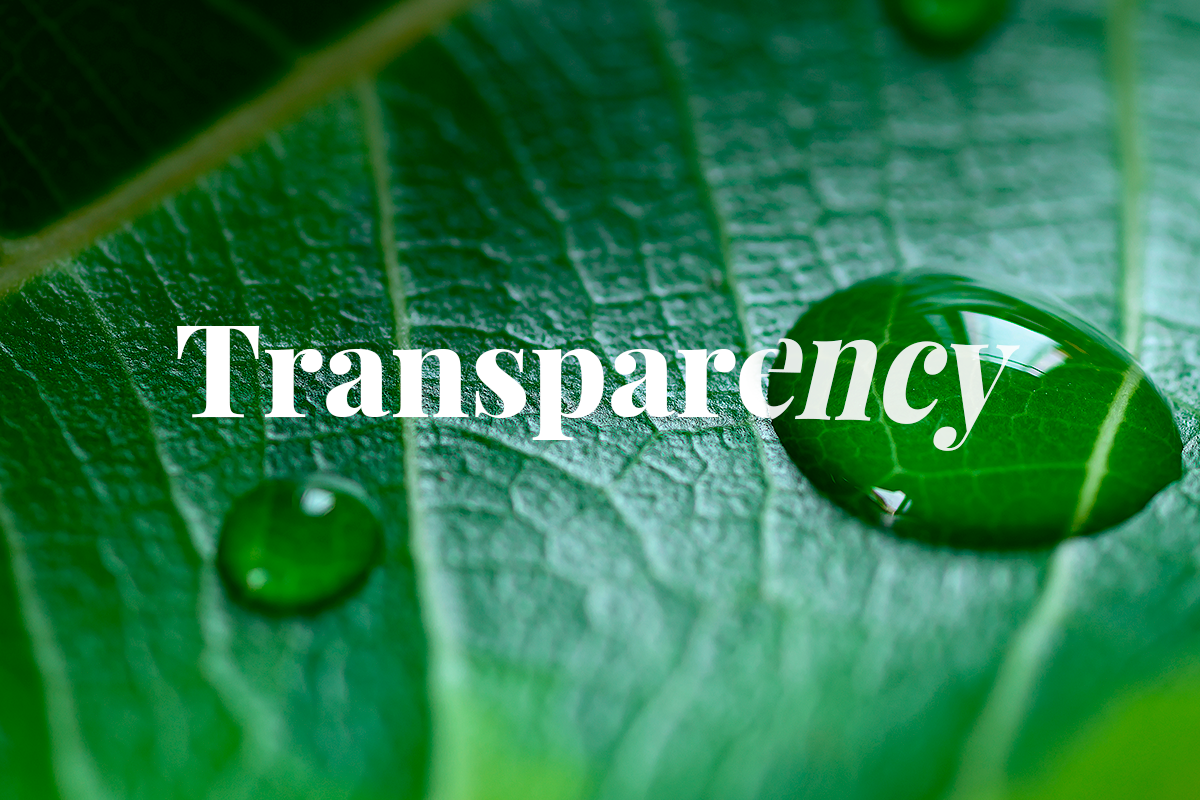In the global movement towards decarbonisation, carbon credits have emerged as a crucial tool for reducing emissions. The credibility of certain carbon credits has, however, been questioned in the past due to concerns about verification and transparency. Now, carbon credit rating firms are working to restore confidence in these credits and to rebuild trust in the carbon credit marketplace. These firms provide valuable information to buyers, traders, and intermediaries, and are helping to make carbon markets more stable and accountable.

Rating agencies grade carbon-credit projects by considering social and economic data, academic research, and satellite imagery. They identify risks using various criteria, such as the issuing of too many credits or being financially reliant on income from carbon credits. Carbon credit rating agencies are also flagging projects that issue more credits than they should, providing early warnings to the media that the projects do not deliver the promised carbon reductions.
Agencies such as Sylvera, BeZero Carbon, Calyx Global, and Renoster Systems have unique systems for scoring projects. Sylvera uses an 8-point scale with AAA as the highest to D as the lowest, while BeZero uses a 7-point letter scale from AAA+ to A. Calyx Global opted to use a 5-point scale from A to E, while Renoster assigns a numeric score based on how many tonnes of carbon dioxide (CO2) or equivalent emissions each credit abates.
Companies and investors can also use other grades, such as environmental, social, and governance (ESG) scores and green bond assessments of a project, in measuring sustainability.
Learn more: What is an ESG score?
While differences in ratings exist, carbon credit rating firms' scores provide valuable information to buyers, traders, and intermediaries, and help them make informed decisions. Carbon credit ratings have been incorporated into the carbon credit marketplace launched by Salesforce. The company's Head of Product for Net-Zero Marketplace, Nina Schoen, said third-party ratings were ‘almost like education for buyers. It’s one piece of critical information alongside all sorts of critical information that buyers need.’
Carbon credit rating firms play an important role in restoring confidence in carbon credits by thoroughly assessing and grading carbon credit projects. Their systems for scoring projects are helping buyers, traders, and intermediaries make informed decisions. Agencies are also identifying risks and flagging projects that issue more credits than they should, providing early warnings and ensuring that projects deliver the promised carbon reductions. Credit ratings are contributing to making carbon markets more stable and accountable, laying the foundations for continued growth.





